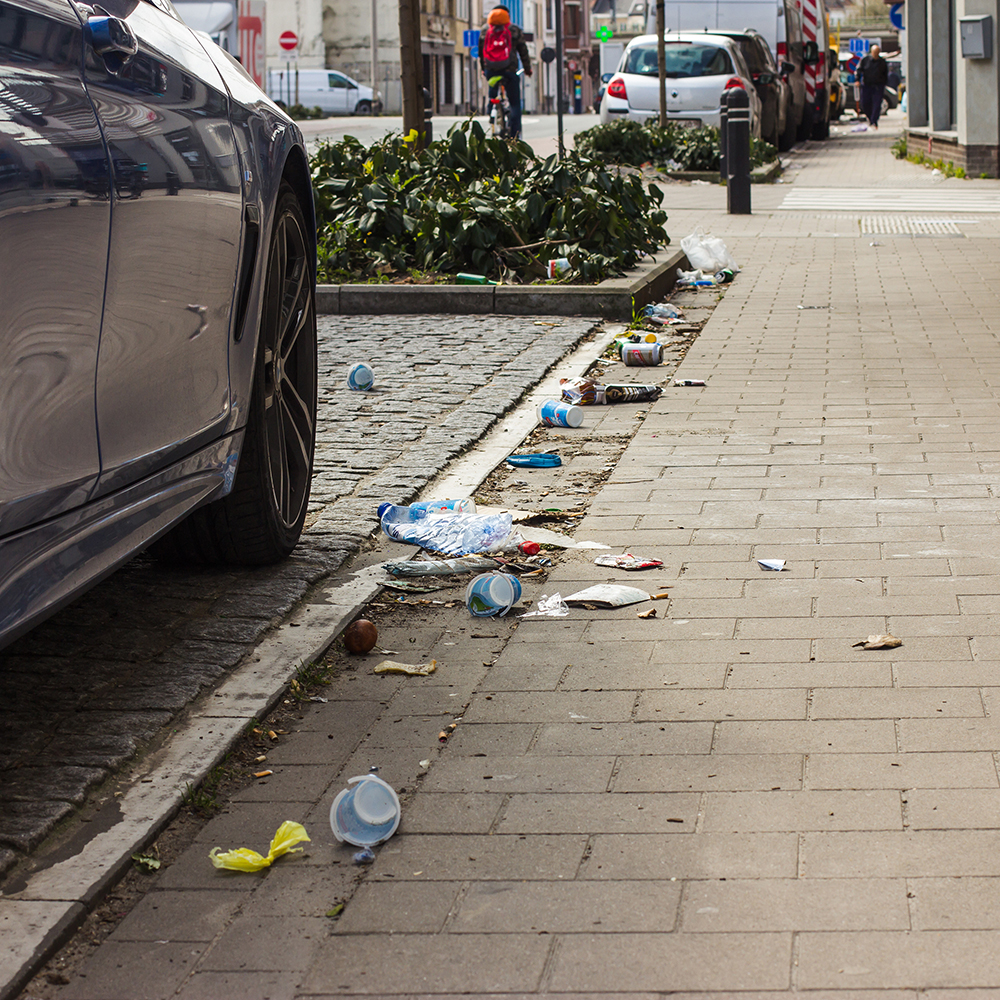According to a HouseFresh ranking of the nation’s dirtiest cities, Sacramento ranked second-worst in the country. California’s state capitol city ranked worse than Los Angeles, Oakland, San Francisco and others that are covered in grime. In the zip code where I live, 95817, there were nearly 49,000 complaints per 100,000 population about the poor sanitary conditions. By comparison, the worst zip code in Los Angeles logged 30,000 complaints.
Here’s my complaint about Sacramento’s dirtiness – Every morning when I go on my 5 mile walk through the neighborhood, I routinely walk in the middle of the street to avoid having my feet stuck on grime-filled sidewalks around Tahoe Park and other neighborhood streets where I walk. Walking in from where I park near PRI’s Midtown offices, I find similar grime-filled sidewalks despite the yeoman’s efforts of the Midtown business owners association to power wash and keep them clean.
If you take a look at PRI’s recently released Free Cities Index and the HouseFresh list, you’ll find a lot in common. Generally, the dirtiest cities were also the least pro-growth and had the worst homeless problems and poor quality of life.
One would think that Sacramento leaders would be embarrassed by the HouseFresh rankings and would vow swift action to reverse this troubling trend. Think again.
As I’ve written previously on Right by the Bay, Sacramento’s city leaders are either putting their head in the sand in response to the city’s worsening homeless problem, or they are proposing tired old ideas that have failed elsewhere and which make its homeless and housing problems much worse.
Now city leaders want to pass the buck to county taxpayers.
As the Sacramento Bee recently reported, Sacramento Mayor Darrell Steinberg is proposing a countywide one-half percent sales tax increase, of which “a third of the revenue would be used to build affordable housing, while the remainder would be used to improve light rail, buses, sidewalks and bike lanes.” If the measure is placed on the ballot and approved by voters, the sales tax would rise to between 8.25 percent and 9.75 percent throughout the county, depending on the city.
Not to be outdone, Sacramento Forward plan proponent councilwoman Katie Valenzuela says, “we may propose an additional ballot measure for housing, depending on how much housing money we think we can get through the mayor’s measure.” In recent months, Valenzuela has also advocated for a vacant property tax in the range of $6,000 per year to fund “housing affordability” programs.
Don’t hold your breath that any of this money will go to cleaning up the city or alleviating the homeless problem that triggered it in the first place. Recall that the Sacramento County District Attorney just last week announced he was suing the city to force them to do their job in cleaning up homeless encampments, legal constraints notwithstanding.
In effect, the Steinberg plan is asking taxpayers in the rest of Sacramento County to pay higher taxes to fund the city’s growing homelessness and housing problems.
History has shown that taxes and bonds for homeless programs and affordable housing haven’t made a difference in alleviating the problem and the funds haven’t been spent effectively.
In their study on California’s ineffective Project Homekey program, PRI’s Kerry Jackson and Wayne Winegarden wrote about Measure HHH, which was supposed to fund homeless and affordable housing construction, where one project funded through HHH dollars was found to cost nearly $837,000 per unit and projects were built way behind schedule. The publicly-funded housing has made no difference in reducing the city’s homeless problem, and hundreds of the completed units sit empty.
Sacramento residents can expect the same if Steinberg and Valenzuela have their way. Yes, the city and county may spend millions more, but all voters will have to show for it is a higher tax bill – and the nation’s second-dirtiest city.
Tim Anaya is the Pacific Research Institute’s vice president of marketing and communications.

